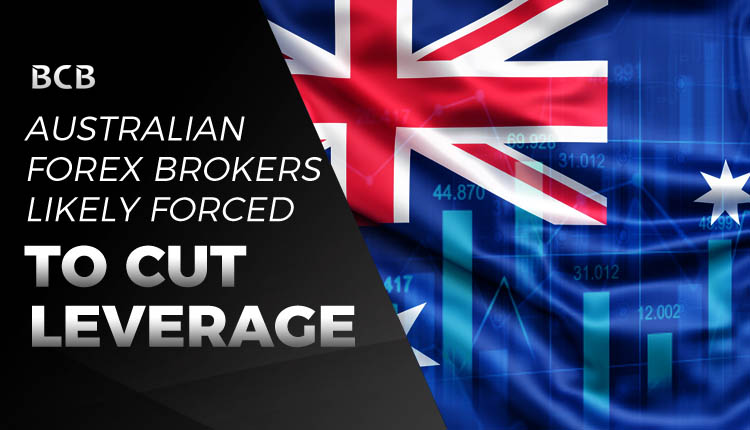Rules are Changing for Australian Forex Brokers
The Australian Securities & Investments Commission, which the authority responsible for regulating Australian forex brokers and commonly known as ASIC has issued a consultation paper. The regulator has product intervention powers and is able to use them to ban, limit and change the products offered by the financial services providers who are regulated by the commission. This consultation paper is near identical in nature to the call for evidence ESMA issued on the 18th of January 2018. The deadline for submitting evidence was the 5th of February 2018, giving industry stakeholders just 18 days to respond. It goes without saying that ESMA ultimately decided to use the product intervention powers to limit leverage for retail traders and the European forex trading market has not been the same since.
What are the Changes Proposed by ASIC?
ASIC has proposed these rules to align Australia forex brokers with the rest of the world and of course protect their domestic retail traders too. One of the big concerns for the regulator is regulatory arbitrage. The main restriction that is likely to alter the way many traders actually trade are the measures that limit leverage. The product intervention measures also cover a number of areas for concern in the industry. Many of these proposed rules are in fact already widely observed across the industry. These changes do of course make them rules and therefore set them in stone. Here is a summary;
- Leverage and margin restrictions
- Margin close-out protection
- Negative balance protection
- Risk warnings
- Real-time disclosure of total position size
- Real-time disclosure of overnight funding costs
- Transparent pricing and execution
Leverage Restrictions Proposed
ASIC has proposed some tight restrictions on leverage. These restrictions would, in fact, make Australian forex brokers less competitive than brokers regulated in Europe.
- 20:1 for Forex and Gold CFDs
- 15:1 for Stock Index CFDs
- 10:1 for Commodities CFDs (ex. Gold)
- 2:1 for Cryptos CFDs
- 5:1 for shares CFDs and other instruments which are CFDs
Will ASIC Reduce Leverage?
Considering the fact that ESMA implements their proposed changes as-is despite huge kickback from the industry, CFD providers and traders alike, the supranational authority continued with their product intervention. It’s likely the same will happen in Australia too. This means you should be ready for Australian Forex Brokers to implement these changes.
How do Forex Brokers Feel About Proposed ASIC Leverage Rules?
European brokers are for certain very happy about these new changes. For sure this is not their ideal scenario, but at least it will level the playing field between the two continents. On the other hand, Australian brokers such as IC Markets have recently set up offshore operations. Earlier this year IC Markets set up a company called True ECN Trading Ltd. This company is regulated under the Financial Services Authority of Seychelles. By opening an account with the Seychelles company, IC Markets clients were able to keep the conditions they enjoyed prior to ASICs intervention.
How to Keep High Leverage
When ESMA introduced their new leverage rules, the way to escape from this rule was to head over to an Australian broker like IC Markets or Pepperstone. That window, however, will soon be closed and we need to find another window. 1:20 leverage is useless to a lot of traders and trading strategies.
As mentioned earlier, ASIC wants to close regulatory arbitrage opportunities. As per usual, world leaders are quick to act. That’s why the USA, Europe and soon Australia will have clamped down on CFD providers giving what they consider to be excessive leverage to retail investors. There are alternatives. For example, brokers who are regulated by the IFSC in Belize or CIMA in the Cayman Islands are unrestricted in how much leverage they can offer, yet there is still oversight from regulatory authorities. A more controversial option is trading with an unregulated broker, but you must be very careful with choosing one.
We suggest checking out regulated brokers like Axiory, RoboForex and Tradeview Forex. These broker, at least for now are free from regulatory pressures to cut leverage on CFD products.



Comments are closed.